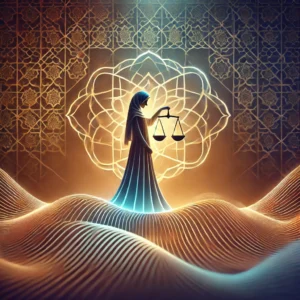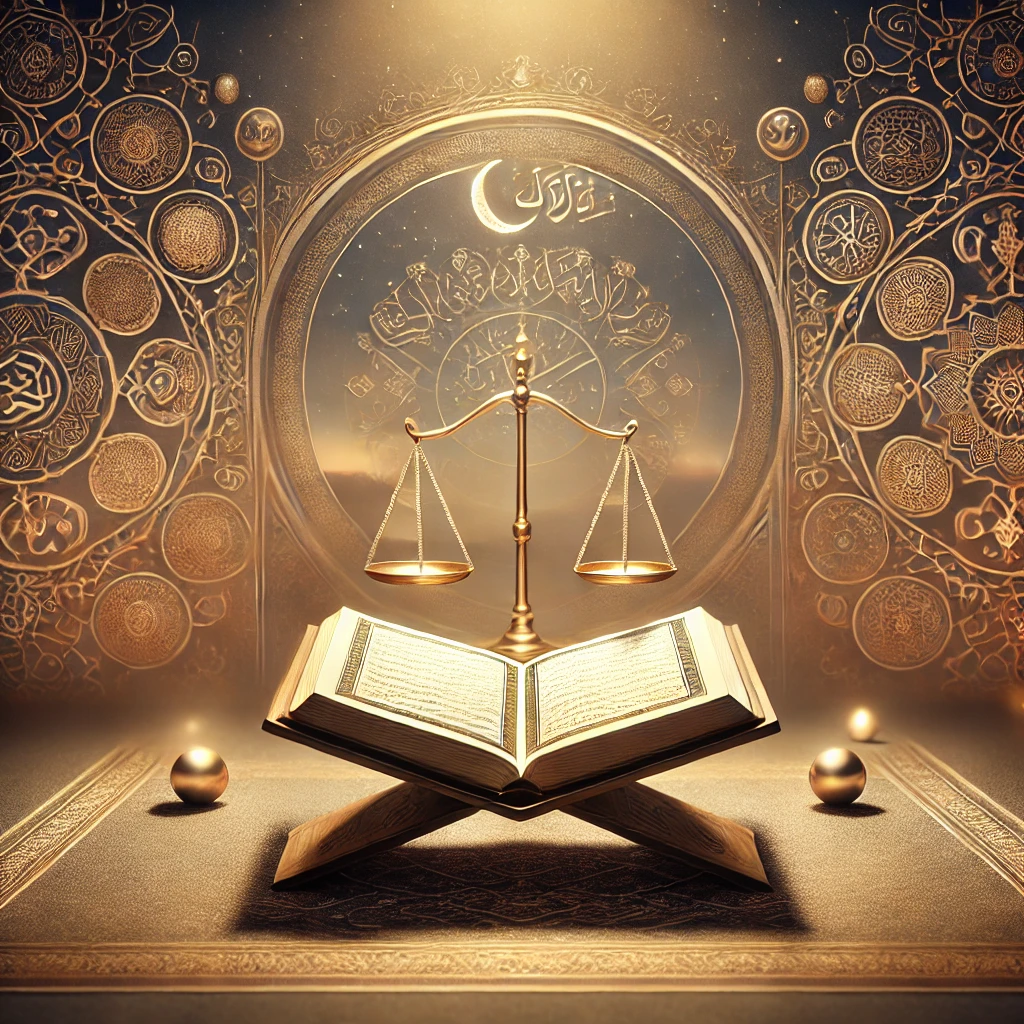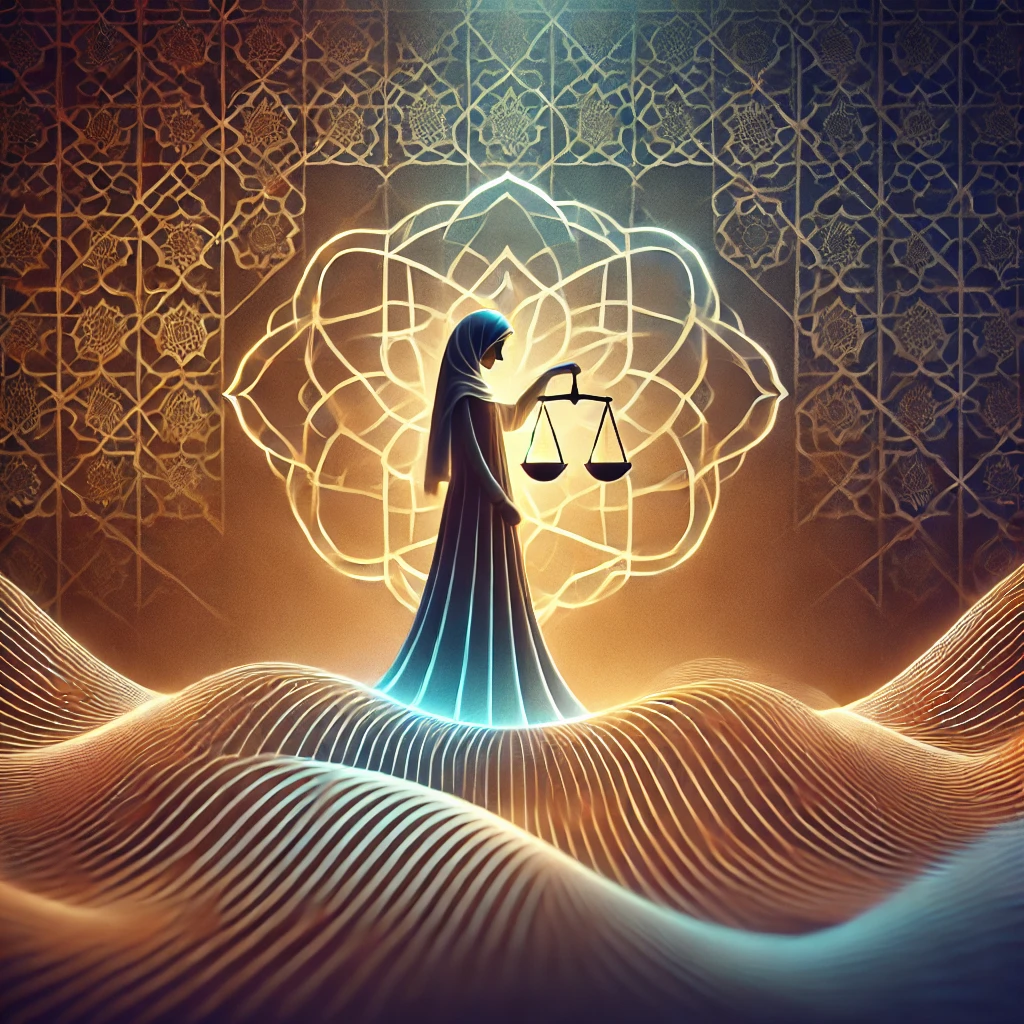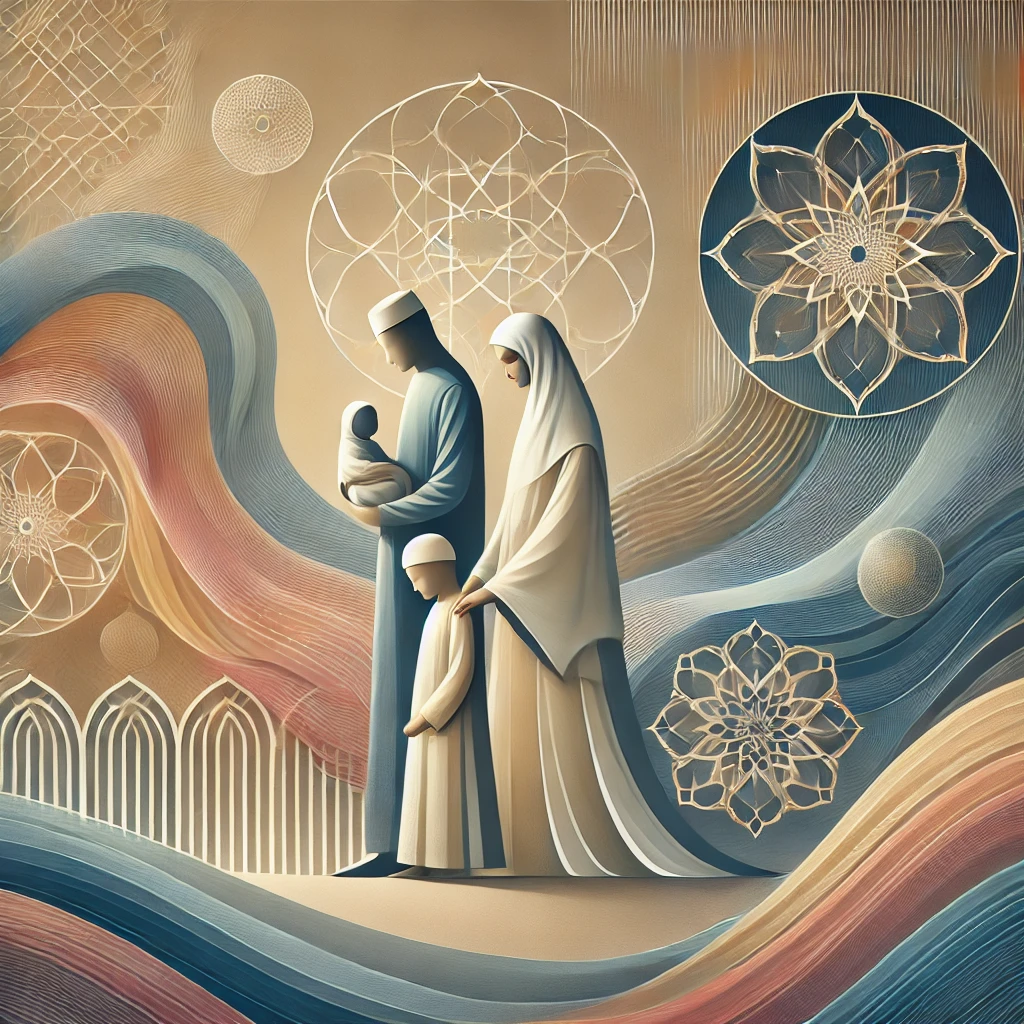The Quran, as the final revelation of Allah, places a strong emphasis on justice and equality as core principles for leading a righteous and harmonious life. Throughout its verses, the Quran calls upon individuals and societies to uphold justice, act fairly, and ensure equality in all areas of life, whether personal, social, or political. Justice (Adl) is a fundamental concept in Islam, and its establishment is viewed as an essential duty for every Muslim. The Quran teaches that justice is not only a moral obligation but a form of worship and a way to attain the pleasure of Allah.
One of the most powerful reminders of justice in the Quran is the verse: “O you who have believed, be persistently standing firm in justice, witnesses for Allah, even if it be against yourselves or your parents and relatives.” (Surah An-Nisa, 4:135). This verse clearly establishes that justice is absolute and must be upheld, regardless of personal interests, relationships, or biases. The Quran calls for Muslims to be objective, impartial, and fair, even if it means going against their own desires or the interests of loved ones. In doing so, justice serves as a cornerstone of Islamic ethics and is integral to a well-functioning society.
The Quran also speaks to the concept of equality, particularly in how people are viewed in the eyes of Allah. The verse “Indeed, the most noble of you in the sight of Allah is the most righteous of you.” (Surah Al-Hujurat, 49:13) teaches that all humans are equal in their essence and dignity, and that true superiority lies not in wealth, lineage, or status but in piety (Taqwa). This principle of equality challenges the social hierarchies and injustices that may arise from discrimination, tribalism, or class systems. The Quran repeatedly stresses that everyone, regardless of background, is worthy of respect and is held accountable by Allah based on their righteousness and deeds.
In matters of governance and leadership, the Quran emphasizes the importance of justice as the foundation of rulership. Leaders are commanded to rule with fairness and integrity, serving their people with sincerity and avoiding corruption. The Quran condemns tyranny, oppression, and the exploitation of the weak, and it encourages consultation (Shura) and collective decision-making among leaders. This form of governance ensures that the voices and rights of all individuals are considered, further emphasizing the Quran’s commitment to justice and equality.
Another critical aspect of justice in the Quran is the call to protect the vulnerable members of society. The Quran frequently mentions the rights of orphans, widows, the poor, and the oppressed, urging Muslims to care for these groups and ensure their well-being. In Surah Al-Baqarah (2:177), the Quran states that true righteousness includes spending wealth to support orphans, the needy, and those in debt. This teaching demonstrates that social justice is not limited to legal systems but extends to everyday actions of kindness, charity, and compassion. The Quran encourages believers to act as protectors of the weak and to use their resources to alleviate suffering and promote fairness in society.
In addition to personal responsibility for justice, the Quran also outlines principles for fair business and economic dealings. It condemns fraud, deceit, and exploitation, urging believers to engage in honest trade and to honor their agreements. The verse “Give full measure and do not be of those who cause loss.” (Surah Ash-Shu’ara, 26:181) serves as a clear directive for ethical business practices. The Quran’s focus on justice in economic matters reinforces the idea that fairness should extend to all aspects of life, ensuring that wealth is not accumulated at the expense of others’ rights or well-being.
The Quran also highlights the consequences of failing to uphold justice. In various stories of past nations, the Quran illustrates how societies that engaged in oppression, corruption, and injustice were ultimately punished. These narratives serve as a warning to all people and nations that transgressing the limits set by Allah and engaging in unjust behavior leads to downfall. The Quran’s message is clear: justice is essential for the survival and prosperity of individuals and societies, and failure to uphold it invites divine retribution.
Furthermore, the Quran addresses justice in terms of gender equality. While recognizing the distinct roles and responsibilities of men and women, the Quran establishes that both are equally accountable to Allah and that they possess equal spiritual worth. The verse “And their Lord responded to them, ‘Never will I allow to be lost the work of [any] worker among you, whether male or female; you are of one another.’” (Surah Al-Imran, 3:195) affirms that men and women are partners in faith, with both entitled to equal rewards for their deeds. This teaching underscores the Quran’s commitment to gender justice and equality in matters of spiritual and moral responsibility.
In conclusion, the Quran’s teachings on justice and equality are central to its vision for a fair and righteous society. By calling for fairness, integrity, and compassion in all areas of life, the Quran offers a comprehensive framework for personal conduct, social relationships, governance, and economic dealings. Its emphasis on justice serves as a moral compass for individuals and communities, guiding them to act in ways that promote the well-being and dignity of all people. Through its timeless principles, the Quran remains a beacon of justice and equality, inspiring Muslims to strive for a more just and harmonious world.










